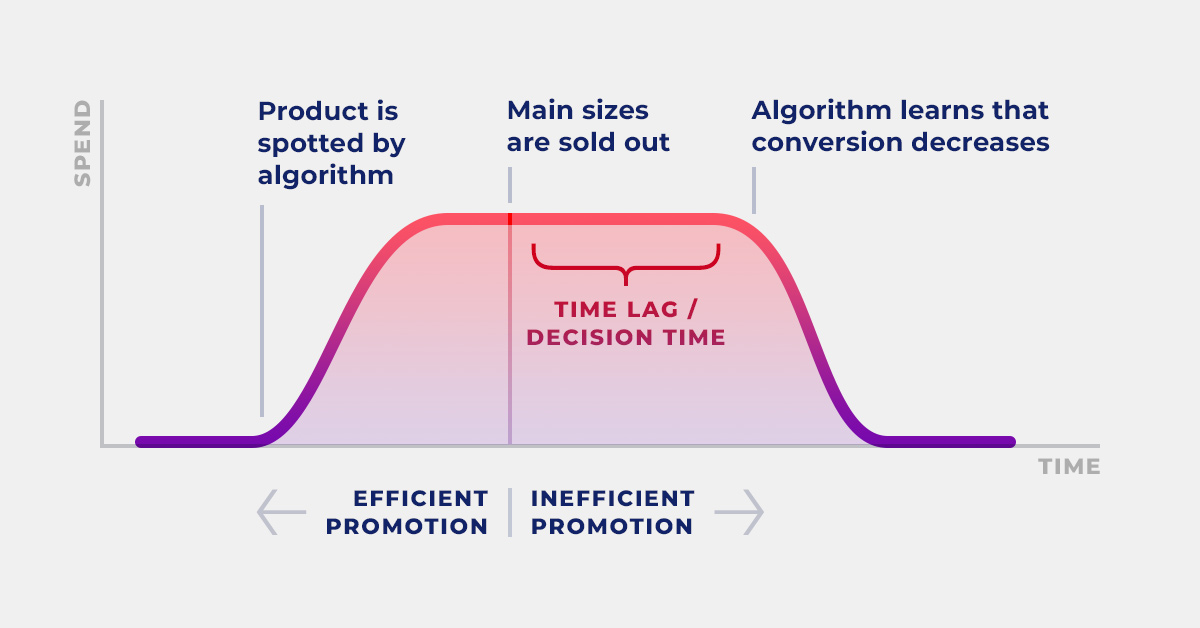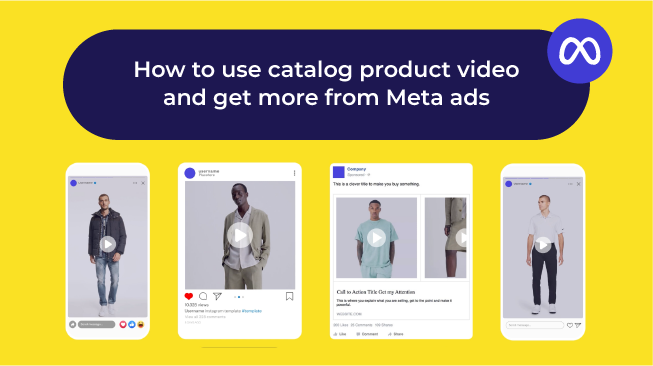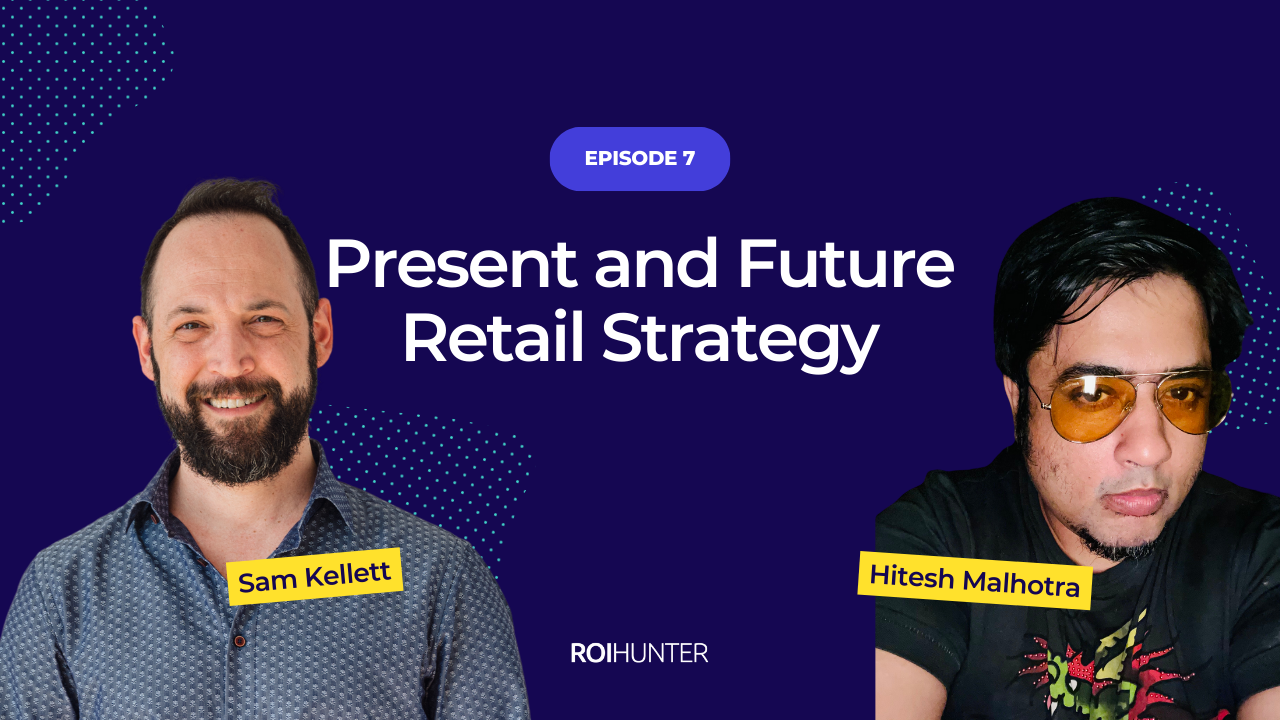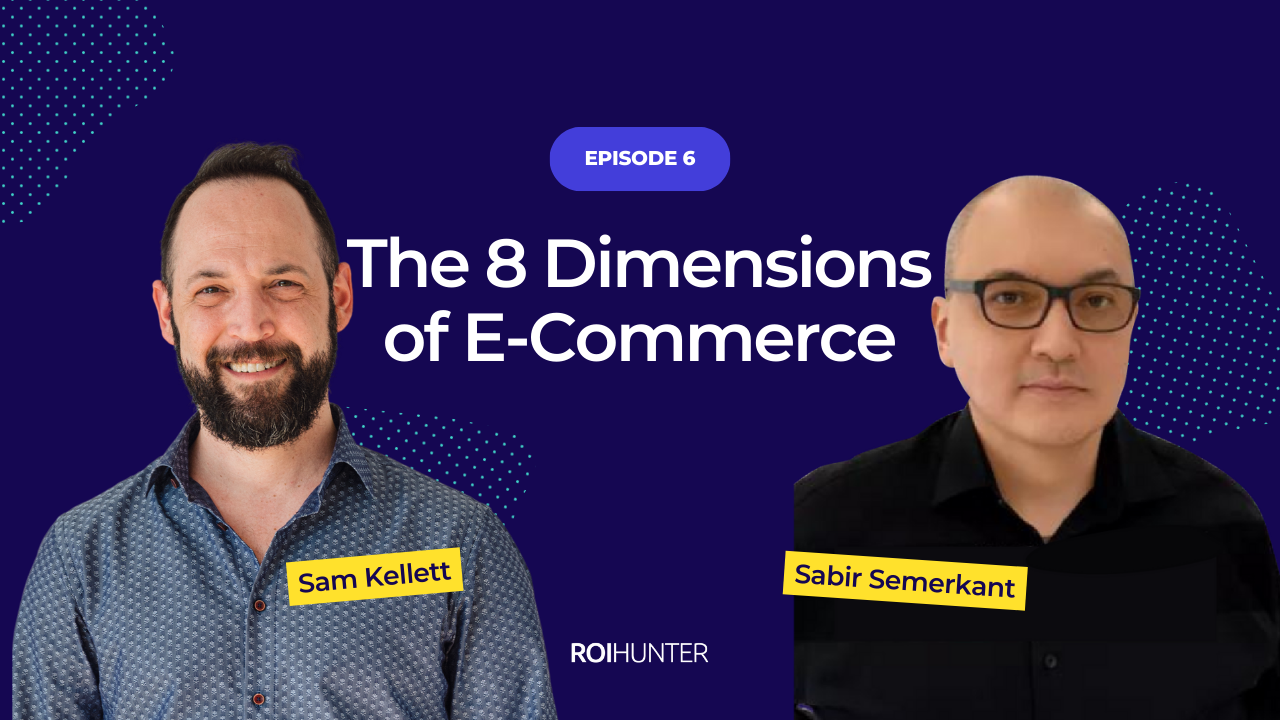Here’s the situation: it’s Tuesday night and you’re ready to pop online and buy a shirt for the big meeting next week (but not pants. Obviously). You go to your favorite site and see a banner promo for... The. PERFECT. Shirt. Absolutely perfect. I mean this thing is sleek, it’s professional, and it still manages to be fun. It’s the best shirt you’ve ever seen.
Floral printed button-up shirt
Sizes: XS, S, M, L, XL, XXL
Price: $65

So of course you click the banner to add that shirt to your cart and check out- and... it’s out of stock. Turns out, there are plenty of XXL perfect shirts left. There are even a few XSs. But the Mediums have already sold out.
How would you feel if you were that customer? Personally, I’d feel a bit irked that this store would advertise something to me that I couldn’t even buy. If it happened a couple times, I might even decide my time would be better spent on another site.
Why Are My Stock Levels Wrong?
Marketers on Facebook usually use Dynamic Ads for a Broad Audience (DABA) for their promotions. With this type of promotion, Facebook’s algorithm shows products to new customers who have similar interests to your current customers.
The issue isn’t with your stock; it’s with what you promote and when. When you run standard dynamic ads on Facebook, their algorithm promotes products based on cumulative performance; the better it performs (in terms of transactions) the more it gets promoted.
Unfortunately, the algorithm is very slow in determining whether or not the popular product being promoted is out of stock for certain size or color variants. Not all purchases are made impulsively, so the algorithm gives the customer time to come back. Your performance suffers during that time.

How Do I Fix It?
You need to inform Facebook of which products have out-of-stock variants so they can stop promoting them. Now this is where a lot of online retailers will bow out; their IT teams would need to create a special size variant column to track and keep up-to-date. Except… there’s an easier way.
The information collected by Google Shopping already includes size variant information, so there’s no need to bother the IT department; you just need to connect the data you already had. The other common blocker is the limited number of custom columns and the difficulty of use when it comes to setting up the actual campaigns on Facebook.
These challenges are what the ROI Hunter Product Performance Management (PPM) platform was built for. The PPM platform collects this type of product-level business data (variant stock levels, margin, etc.), integrating it with your product catalogue. The robust infrastructure of the PPM platform also allows for unlimited custom columns within a user-friendly interface..
Putting it Together
Let’s take another look at our example from the beginning. It’s Tuesday night; you want a shirt:
- You check out your favourite site, and it targets you to display a personalised promotion
- ROI Hunter notices the stock level is low on the selected item variants, and sends a lightning fast signal to Facebook.
- Facebook’s algorithm stops promotion of the item (you decide if it stops it in just prospecting campaigns, or if it should stop in all campaigns + remarketing).
- Facebook’s algorithm finds a different product whose variants have healthy stock levels, and promotes that instead.
- You buy the new awesome shirt that’s promoted, ending the night with a positive customer experience for you, and an opportunity to save budget (and protect loyalty) for the retailer.
If you’re interested in more tricks to enhance Facebook’s algorithm, take a look at our article on improving the profitability of dynamic ads. E-commerce is forging a new destiny in our new normal; make sure you’re prepared to reap the rewards.



